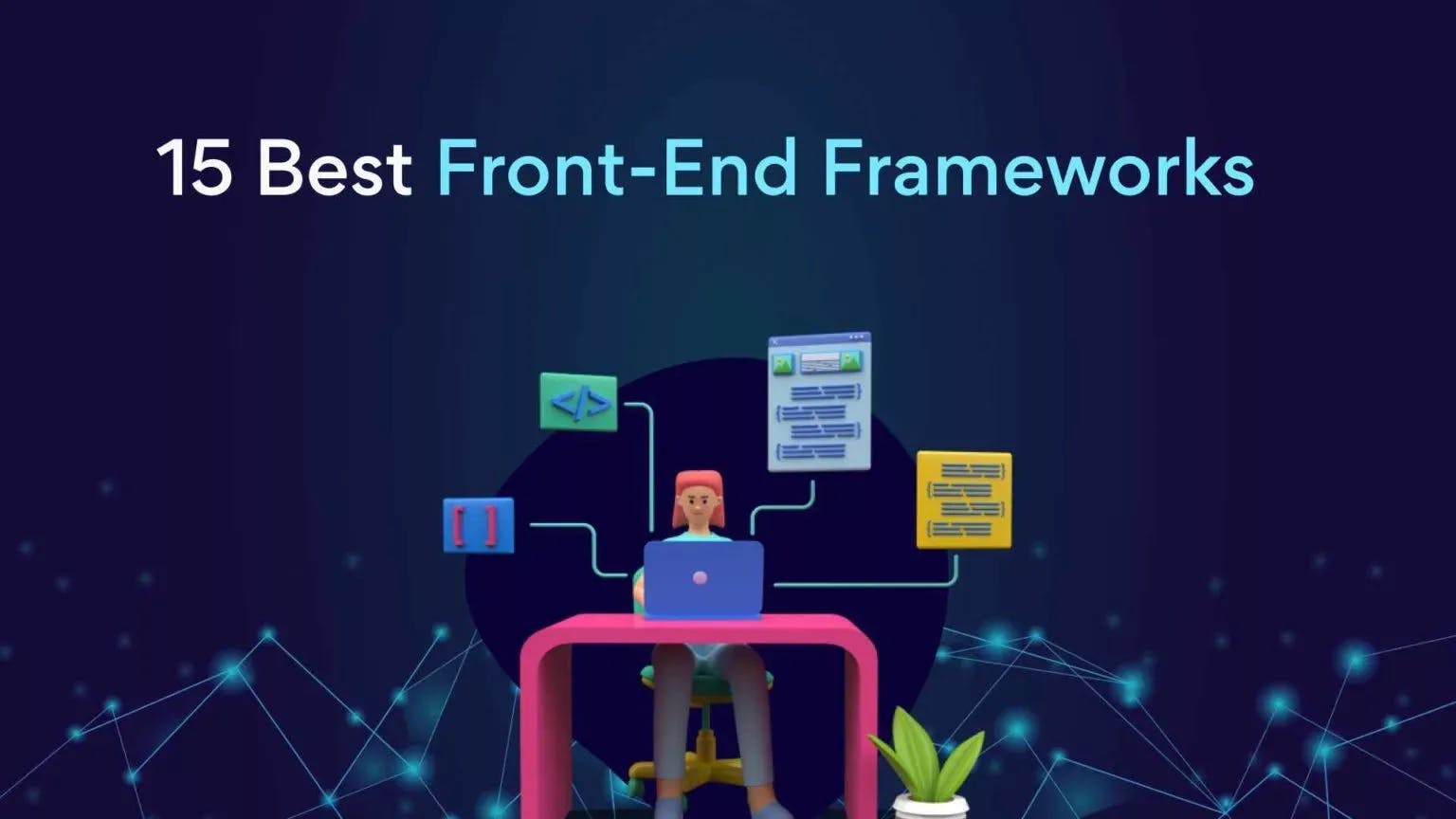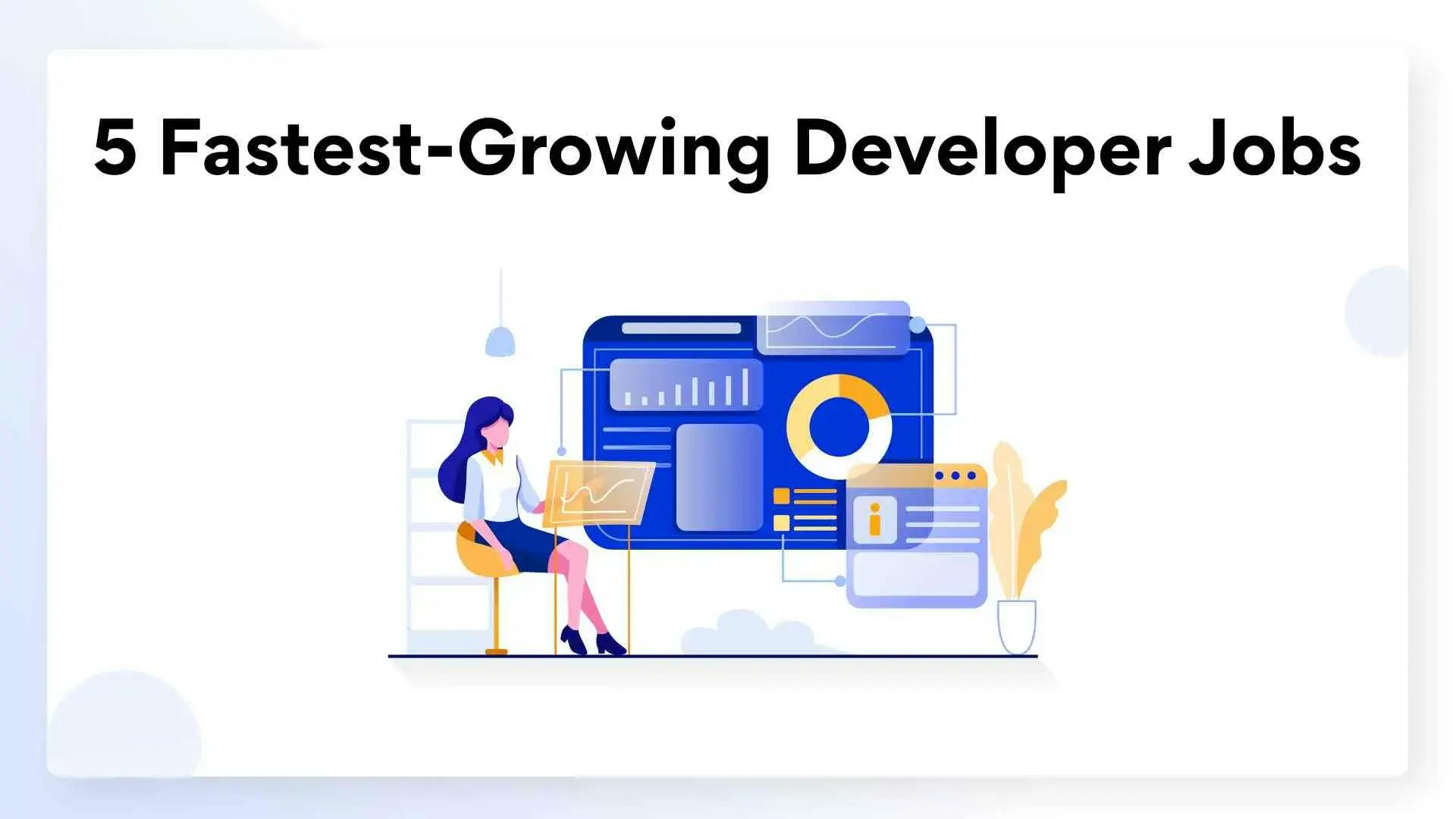Remote Haskell developer jobs
We, at Turing, are looking for talented remote Haskell developers who will be responsible for developing high-quality, maintainable, and robust software solutions. Get an opportunity to work with the leading Silicon Valley companies and rise quickly through the ranks.
Find remote software jobs with hundreds of Turing clients
Job description
Job responsibilities
- Ensure timely delivery of complex software solutions
- Estimate resources and identify potential risks in achieving project goals
- Visualize, articulate and solve complex problems
- Write high-quality, testable, efficient code
- Optimize Haskell code for better performance
- Design and build flexible, scalable, and maintainable software systems
Minimum requirements
- Bachelor’s/Master’s degree in Engineering, Computer Science (or equivalent experience)
- At least 3+ years of software development experience using Haskell (rare exceptions for highly skilled developers)
- Familiarity with concepts like Recursion, Lambda functions, etc.
- Working experience in other functional programming languages like Clojure, Scala, Erlang, etc.
- Working knowledge of relational databases like PostgreSQL, MySQL, MS SQL Server, etc.
- Experience working with APIs and third-party libraries
- Fluent in English to communicate effectively
- Ability to work full-time (40 hours/week) with a 4 hour overlap with US time zones
Preferred skills
- Knowledge of Big Data, Spark, Solr/ElasticSearch, and related technologies
- Experience in developing scalable and high-load concurrent applications
- Advanced analytical and problem-solving skills
Interested in this job?
Apply to Turing today.
Why join Turing?

1Elite US Jobs

2Career Growth

3Developer success support
How to become a Turing developer?
Create your profile
Fill in your basic details - Name, location, skills, salary, & experience.
Take our tests and interviews
Solve questions and appear for technical interview.
Receive job offers
Get matched with the best US and Silicon Valley companies.
Start working on your dream job
Once you join Turing, you’ll never have to apply for another job.

How to become a Haskell developer in 2023?
Haskell's official tagline declares it to be "a sophisticated, entirely functional programming language." If you're unfamiliar with functional programming, it's a programming paradigm based on Lambda Calculus, which provides a theoretical foundation for describing and evaluating functions. This declarative programming style replaces statements with expressions and focuses on "what to solve" rather than "how to solve."
When Haskell is described as a "purely functional" language, it refers to the fact that every function in Haskell is a mathematical function. Haskell Brooks Curry, the language's namesake, worked in the field of Combinatorial Reasoning (a notation aimed to eliminate the need for variables in mathematical logic), which laid the groundwork for functional programming. Because FP is built on Lambda Calculus, Haskell's purely functional language has the Greek letter lambda in its logo.
What is the scope in Haskell development?
Haskell is a combination of cutting-edge research with tried-and-true technologies. It holds a unique position at the crossroads of academics and industry. Garbage collection and native code generation are examples of features common in mainstream languages. Other characteristics, like purity and slow evaluation, are exclusively shared by niche languages. Haskell is the most important technology for producing high-quality software. Correctness, performance, and maintainability are the three most significant factors for judging software quality.
The language is simple to learn and has experienced a rise in usage over time. Haskell developer job's popularity in the technical world has gone up significantly in recent years.
What are the roles and responsibilities of a Haskell developer?
Working with the team to build up various tech stacks around Haskell, helping implement features and working on software development tasks, maximizing the robustness and scalability of solutions, writing clean and efficient codes, introducing best practices among team members, collaborating with the team through code reviews, and integrating software components with various third-party libraries are just a few of the responsibilities in a Haskell developer job.
They also help troubleshoot and debug different programming difficulties, reply to technical questions, successfully manage the deployment of upgrades and updates, evaluate and analyze programming logic coding challenges, and guide and coach junior team members, among other things. The responsibilities included in a Haskell developer job includes –
- Creating and testing smart contracts, as well as standard apps.
- Assisting in the development of best practices for new application architectures.
- Creating tools and libraries to aid in the creation of applications.
- Working with cutting-edge technology.
- Systems Design, Formal Verification, Security, and Performance Analysis for Senior and Intermediates.
- Software development and delivery within agreed-upon and realistic timeframes.
- Working as part of a small development squad, working agilely, and assisting other team members as needed.
- To meet project objectives, estimate resources and identify hazards.
- Haskell knowledge and expertise in a business setting.
- A collaborative working style in which you love working in groups as well as on your own when needed.
- Motivated by the ability to work with little instruction and motivate more junior team members.
How to become a Haskell developer?
Learning any programming language is difficult at first. Especially if you've spent your entire career working in Java or Python and now want to transition to functional programming languages. You'll have to master a lot of new ideas when you first start learning Haskell. This is a strenuous job. You have to relearn how to program. If you're a complete novice, though, you have an edge. FP is difficult because it is so diametrically contrary to what most programmers are used to. Functional programming is rational in and of itself. We recommend balancing these three elements to get a good Haskell developer job:
- Theory: It may be obtained through books or the Internet;
- Interaction: There is no such thing as a flawless novel. You will always have questions after reading. An online course where you may ask a professor or other students for guidance is really beneficial;
- Practice: In most online courses, you will be required to write some code. In addition, there are several platforms available nowadays where you may hone your programming skills.
Anyway, our argument is that you won't become a programmer in a hundred years if you study a Haskell handbook for 10 minutes every day. However, if you combine reading a manual with viewing at least 10 minutes of video courses every day and completing 10 minutes of real coding every day for a few months, you will be able to write something useful in Haskell.
Skills required to become a Haskell developer
The first step is to master the core skills that will help you land a high-paying Haskell developer job. Let's take a look at what you should be aware of.
1. Functional programming
Functional programming (commonly known as FP) is a style of thinking about software development in which pure functions are created. It avoids the shared state and mutable data ideas that are common in Object Oriented Programming. Expressions and declarations are prioritized in functional languages above statement execution. As a result, unlike other procedures that rely on a local or global state, the value generated in FP is solely determined by the parameters supplied to the function. Learning and mastering FP is quite relevant in a Haskell developer job as Haskell is also a functional programming language.
2. Scala
Scala is an acronym that stands for Scalable Language. It's a programming language with several paradigms. The Scala programming language combines functional and object-oriented programming techniques. It's a statically typed programming language. Its source code is converted to bytecode and run by the Java virtual computer (JVM). It is quite important to get familiar with Scala in a Haskell developer job.
3. Scheme
The Scheme Programming language is a high-level language, unlike Assembly languages. It's better to refer to it as an extremely expressive language. The syntax is significantly simpler to understand than Python or Ruby, but not quite as simple as Python or Ruby. The Scheme programming language works with vectors, strings, tuples, characters, and numeric components. The Scheme programming language offers a large number of data sets, making it very adaptable. Scheme Programming programmes are extremely portable across several systems. If you know and learn Scheme, you can really go very ahead with your Haskell developer job.
4. Git
Git is a free and open-source distributed version control system which is very relevant in a Haskell developer job. It can manage everything from tiny to extremely big projects with ease. Git is simple to understand and use, with a small footprint and lightning-quick performance. With capabilities like inexpensive local branching, accessible staging areas, and numerous workflows, it outperforms SCM solutions like Subversion, CVS, Perforce, and ClearCase.
5. Debugging skills
Debugging is a multistep process in computer programming and engineering that entails recognizing an issue, pinpointing the source of the problem, and then either repairing the problem or figuring out how to work around it. The final stage in the debugging process is to test the fix or workaround to ensure that it works. The debugging process in software development begins when a developer locates and reproduces a coding fault in a computer program. Debugging is an important aspect of the software testing process and the full software development lifecycle, even in a Haskell developer job.
How to get remote Haskell developer jobs?
While getting as much practical experience as possible, you must design an effective job-search strategy. Before you start looking for work, think about what you're looking for and how you'll utilize that knowledge to limit your options. When it comes to showing to employers that you're job-ready, it's all about getting your hands dirty and putting your skills to use. As a result, continuing to learn and improve is vital. You'll have more to talk about in an interview if you work on a lot of open-source, volunteer, or freelancing projects.
Turing has the top remote Haskell developer jobs accessible, all of which are tailored to your Haskell developer career goals. Working with cutting-edge technology to address complicated technical and business challenges will assist you in quickly expanding. Get a full-time, long-term remote Haskell developer job with greater income and professional progress by joining a network of the world's greatest engineers.
Why become a Haskell developer at Turing?
Elite US jobs
Career growth
Exclusive developer community
Once you join Turing, you’ll never have to apply for another job.
Work from the comfort of your home
Great compensation
How much does Turing pay their Haskell developers?
Every Haskell developer at Turing is free to determine their own fee. Turing, on the other hand, will propose a wage at which we are confident we can offer you a rewarding and long-term position. Our suggestions are based on our analysis of market circumstances and the demand we perceive from our clients.
Frequently Asked Questions
Latest posts from Turing
Leadership
Equal Opportunity Policy
Explore remote developer jobs
Based on your skills
- React/Node
- React.js
- Node.js
- AWS
- JavaScript
- Python
- Python/React
- Typescript
- Java
- PostgreSQL
- React Native
- PHP
- PHP/Laravel
- Golang
- Ruby on Rails
- Angular
- Android
- iOS
- AI/ML
- Angular/Node
- Laravel
- MySQL
- ASP .NET
Based on your role
- Full-stack
- Back-end
- Front-end
- DevOps
- Mobile
- Data Engineer
- Business Analyst
- Data Scientist
- ML Scientist
- ML Engineer
Based on your career trajectory
- Software Engineer
- Software Developer
- Senior Engineer
- Software Architect
- Senior Architect
- Tech Lead Manager
- VP of Software Engineering










